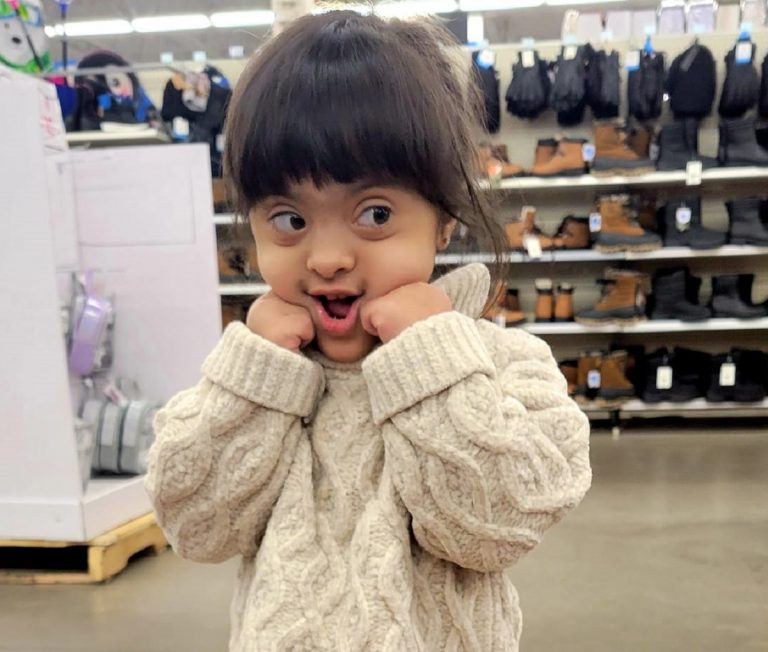What does the word inclusion mean to us? If you ask me, a mother of a 4-year-old girl with Down Syndrome. I will say that it means that she is valued and given equal opportunities to flourish in society, as any neurotypical child would. If you ask my husband, he will say that it means the whole world looks at Reeyah through his lens and appreciates her uniqueness. If Reeyah’s older sister Aayra gets asked this question, she would only want other children at the playground to stop staring at her sister and asking her why her sister cannot walk yet. Lastly, if Reeyah gets asked about what inclusion means to her, she would just want everyone around her to stop treating her like a baby. Her petite frame often makes her look like a 2-year-old.
Different things to different people
The “In” in inclusion means different things to members of the same family. That is because every individual has different needs, abilities, and requirements. One common element in all the answers is the need to be accepted for the way an individual is. Inclusion should not mean that everyone should get the same treatment. Often, one size does not fit all, even amongst the children with the same diagnoses. Each of them have different talents and different emotional, psychological, and physical needs. Rather than schools focusing on bringing children with special needs at par with neurotypical kids, they should celebrate the diversity these children bring to the classroom.
The Kind of Inclusion
Reeyah might not know how to recognize the alphabet and numbers like a typical 4-year-old. However, her emotional intelligence and empathy leave us awestruck. Reeyah will be starting school this year. While I know that she will learn to be academically competitive from her typical classmates, I also hope that they see her beyond her diagnoses. I hope that just the way she has taught our family how to enjoy life to the fullest. To find joy in small things, forgive graciously, and love unconditionally, her kindness inspires others around her. I hope that her lack of physical strength is not perceived as a weakness in the playground; rather, her determination and self-belief to keep trying are noticed. This is the kind of inclusion that is needed in society.
Representation is Inclusion
I think that we have already come so far with how individuals with Down Syndrome are represented in society. My heart gets full of hope when I see models and actors being the face of big brands like Adidas and Victoria’s Secret. Representation is inclusion. The change in the standards of beauty created by society is inclusion. We do not know any other person with Down Syndrome in our family or friends. This is the only way my husband and I see what the future of our daughter might look like. And looking at these talented people on screen, billboards, and sports competitions like the Olympics gives us so much hope.
From the country we come from, children with special needs do not get the proper to fully utilize their strengths. That is the reason why we decided to move to Canada. There has not been a single day that we have regretted our decision. Canada has given us the hope that Reeyah can get the best therapies, an opportunity to secure a job for herself, live independently, and find love, even when her parents are not around. The lack of education and awareness in our home country made all this impossible to envision.
21st March marks World’s Down Syndrome Day, on which we celebrate these beautiful people around us. I hope that every new parent receiving the diagnosis of their child with Down Syndrome receives it with a “congratulations.” I hope that rather than trying to make them fit into our world, we try getting to know what it is like to be in their world as well. I hope that the “In” in your inclusion is not limited to letting them “in” your world, but to let yourself take a step “in” their world as well. Lastly, I hope that every family gets a chance to know at least one person with Down Syndrome because only the people who do, know what being loved and accepted unconditionally means. Every person deserves that.

